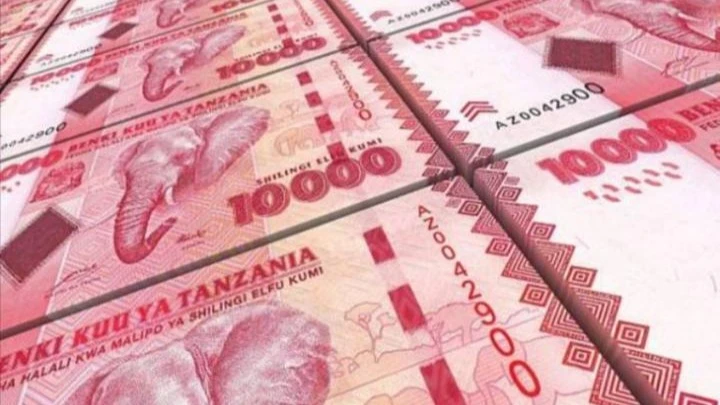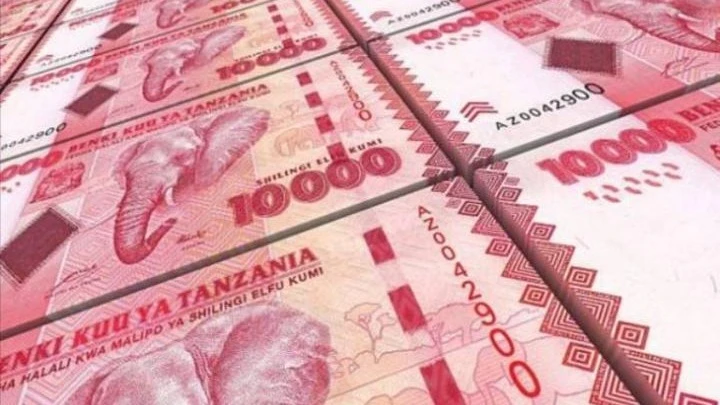Tanzanians have to conform to global reality, not the converse

POSITIONS taken by Treasury officials in the past half year at various meetings devoted to global development financing have hinged on the ability or otherwise to adapt to the fact of ours being a lower middle-income country.
Delegation leaders has repeatedly harped on the theme of lowering credit conditions to poor countries or, more accurately at this time, to developing countries.
This demand is stated as necessary to alleviate debt pressure, promote economic growth and achieve sustainable development goals. It is a one-way street where growth depends on soft loans.
There are plenty of soft loans still coming our way, even repayable in 40 years and attracting interest rates of 0.02 per cent or slightly above, in which case global lenders or their continental ‘fellow travellers’ need not be reminded of the need for soft-term credit facilities.
What a section of senior policy makers would wish to see avoided is that Tanzania is not in the middle-income category, thus the component of global financing arising from commercial loans will be rising, while a range of other policy makers seem to take a generalised African position.
What is evident is that the president explains the matter clearly that we have to be prepared to have more businesslike relations with global lenders even if the poverty component or direct budgetary support still existed.
What our financial diplomats appear to be suggesting, though, is that this component should be an overriding concern for the Bretton Woods institutions in particular.
This echoes the views of various academic campaigners both in the past and, to an extent, at present. It led to the International Monetary Fund and the World Bank drawing up a schedule of debt cancellations, cobbling together an inaccurate affirmation of reaching ‘decision point’.
Yet this is no reason for us to fold our arms and trust that natural resources will make our country altogether happy without further pursuit of reforms. Trouble is that those whose ears and eyes are less in reform but are in retaining the status quo raise the matter of international conscience in alleviating indebtedness.
It is as if there are certain parts of the world where logical financial engagements in the sense of market rules will never apply.
It is vital that our economic diplomats, not just those stationed outside but influential Treasury officials whose engagement with others is the breath of what the country as a whole stand for, rework the mantra of their regular engagements.
Whether or not it is a moral issue for the relatively poor countries to be given special terms in global business is the work of academics.
Treasury officials need to show a positive view of reality – that there is plenty that the world can engage in with Tanzania at a credibly business level.
Once we have adequate sources of capital from this direction, the moral issue of whether soft loans would defeat poverty arising from our backward economic structures and not lopsided global terms of trade as some insist will simply disappear.
Top Headlines
© 2025 IPPMEDIA.COM. ALL RIGHTS RESERVED

















